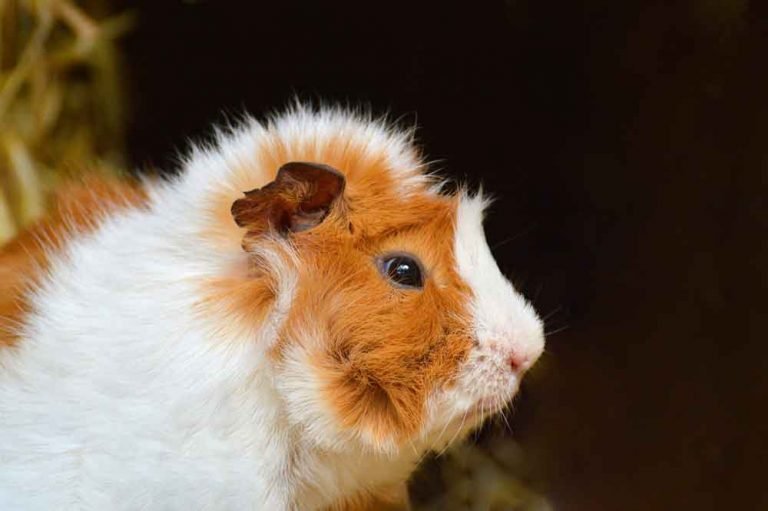Can Guinea Pigs Go Out In The Rain?
Guinea pigs are small animals without the ability to control their body temperatures. Their temperatures are stabilized by those of their surroundings.
If it’s too hot and they go out in the heat, they are prone to heatstroke. If it’s too chilly and they go out in the cold, they are prone to freezing.
Both temperature extremes are fatal to guinea pigs. It’s advisable to ensure that your pet’s environments have ideal and stable temperatures between 65 degrees Fahrenheit and 75 degrees Fahrenheit.
Having a thermometer is a great way of keeping track of the temperatures. Alternatively, you could also use your body reactions to temperatures.
If you feel too cold then you should know that the temperatures are cold for your pet too and if you feel too hot, then the temperatures are hot for your pet.
That aside, what would happen if your guinea pig went out in the rain? Is it okay? You’re just about to find out. Read on.
Can guinea pigs go out in the rain?
Guinea pigs should not go out in the rain. This is because guinea pigs do not like water to the extent that even bathing is a stressful event for them. Rainy weather can drastically lower temperatures leading to guinea pigs getting cold which can cause health conditions that can be fatal to them. Conditions like hypothermia, pneumonia, upper respiratory infections, and stress can all affect guinea pigs as a result of rain.
What happens when guinea pigs get wet
Guinea pigs have fur that acts as a blanket for their soft skins and protects them from too much cold. When a guinea pig gets wet, the fur is no longer capable of serving its purpose.
This leads to the cold getting through to their skin which in turn makes them vulnerable to cold-related illnesses.
Cold-related conditions in guinea pigs
If your guinea pig gets rained on and they get really cold, the following may occur:
Hypothermia
When they get too cold, guinea pigs will get hypothermia. It’s a fatal condition and it can deteriorate quite fast if something is not done about it right away.
Pneumonia
Pneumonia is a common illness in guinea pigs. They usually contract a cold first, then the cold may get worse and develop into pneumonia.
Stress
Guinea pigs do not like water. Coming into contact with water stresses them up and if they get rained on they will be distressed.
This is harmful to them because stress reduces the normal functioning of the immune system which will in turn make them susceptible to diseases as they cannot easily fight them.
Upper Respiratory Infections
A guinea pig that is left to stay cold can easily contract and acquire respiratory infections. The infections may be harder to resist due to reduced immune fighting power caused by stress.
What to do if guinea pigs go out in the rain?
Guinea pigs are small animals and it’s easy for them to sneak out past you and into the rain. If they don’t rush back in and seem confused about what to do, you may need to go out and bring them back yourself.
Wet guinea pigs take time to dry their fur. You should not try to hurriedly warm up guinea pigs right away to avoid a sudden temperature change that could shock their bodies.
Warming them should take place gradually. First, wrap them in a towel to dry up the excess water.
Then get another towel after the first one has become wet and wrap them with it. This will help them to retain their body heat.
In normal weather, guinea pigs can air dry but when it’s raining it tends to be cold so a heating pad can be a good heat source for your pet. You can put them back in their cage with the heating pad.
If they are too cold to turn themselves over, ensure that you turn them yourself every few minutes to avoid overheating on one side and other problems arising.
What to do if guinea pigs’ hatch is out in the rain?
It’s always advisable to bring in your guinea pig when the temperatures drop low. You should keep them indoors in a quiet place away from noise, windows, and cold temperatures.
However, sometimes that is not possible and your pet has to remain outdoors even in rainy weather. If the hutch is going to be outside, ensure that:
The hutch is turned away from the direction of rain
Rain usually comes from a certain direction in different places. Figure out the direction that rain usually comes from and turn the hutch in the opposite direction.
This will prevent rainwater from being blown directly into the hutch if the rain is accompanied by wind.
Cover up the hutch
A tarpaulin cover is a great material to cover up your guinea pig’s hutch during rainy weather as it’s water-resistant and it will prevent water from getting into the hutch.
If it’s very cold you could also cover the hutch with a blanket to keep your pet warm. Always ensure that you leave some ventilation spaces for them to breathe through.
Provide a lot of hay and bedding
A lot of hay and bedding is essential for guinea pigs as they keep the hutch warm for them. Having a hidey box with holes inside the hutch can provide a good hiding place for your guinea pig.
They can burrow under the hay when they feel too cold or hide underneath it if they get scared of thunder and lightning that may accompany the rain.
Conclusion
Guinea pigs should not be let out in the rain because water stresses them out. If they accidentally get out, wipe and dry them out immediately to prevent diseases.
If it’s raining, bring your guinea pig indoors as it’s always safer and warmer to keep them there. If it’s not possible to bring them indoors, do take the necessary measures to ensure that their hutch is secured and protected from the rain and cold so that your pet remains in perfect health and good shape.

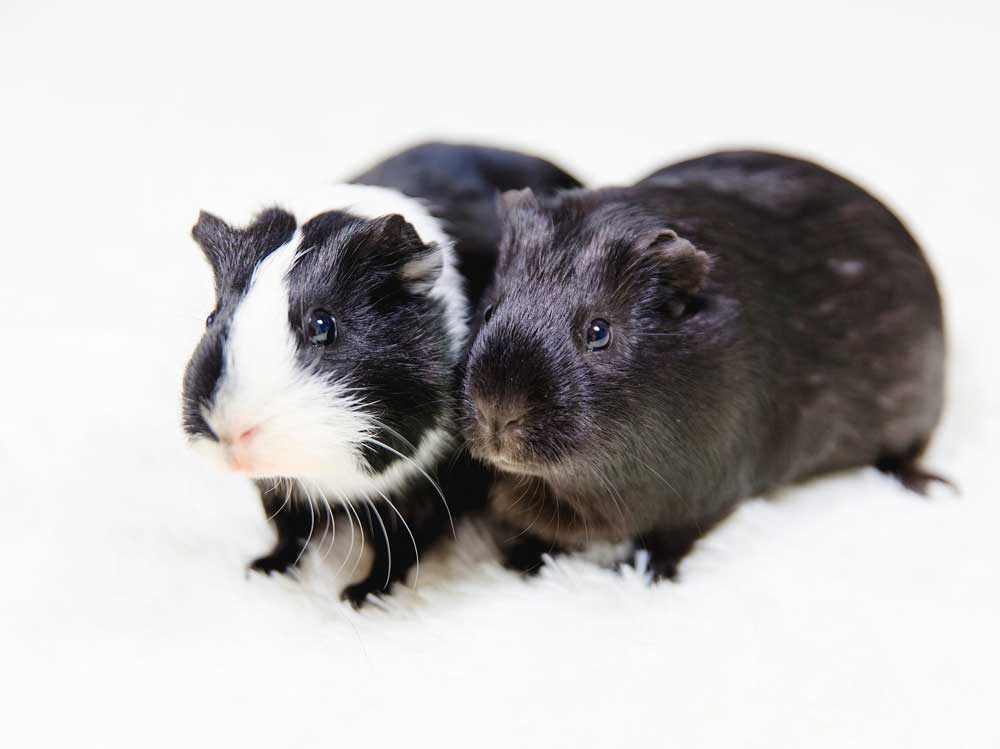
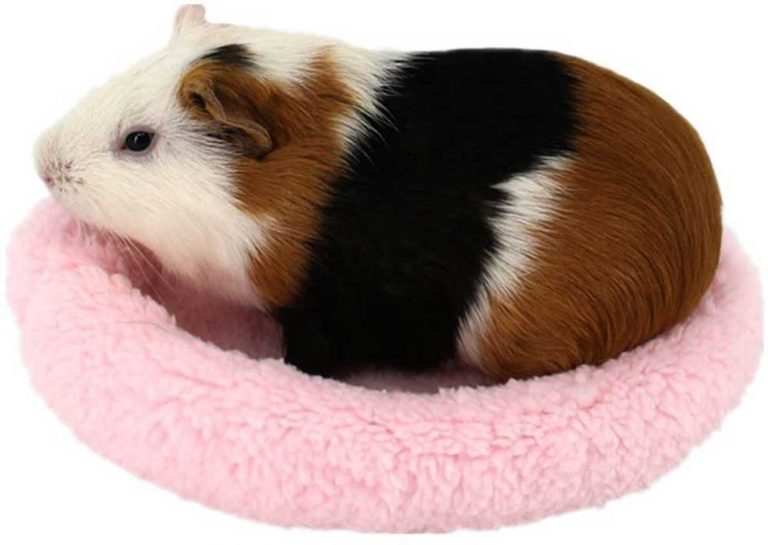
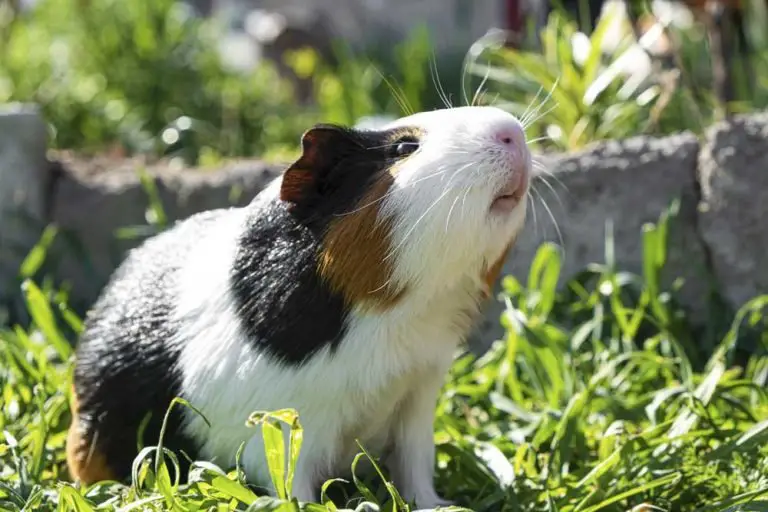
![Can Guinea Pigs Get Hiccups? [Reasons & What To Do!]](https://atractivopets.com/wp-content/uploads/2020/10/Guinea-Pig-15-768x541.jpg)
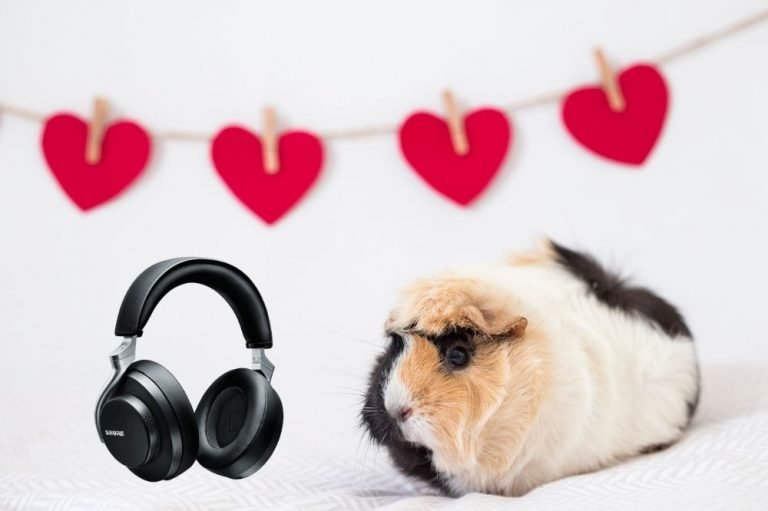
![Can Guinea Pigs Find Their Way Home? [What You Should Do!]](https://atractivopets.com/wp-content/uploads/2020/11/Guinea-Pig-3-768x510.jpg)
